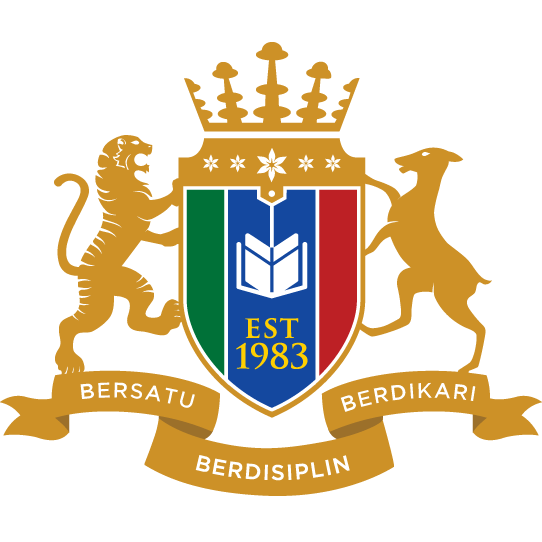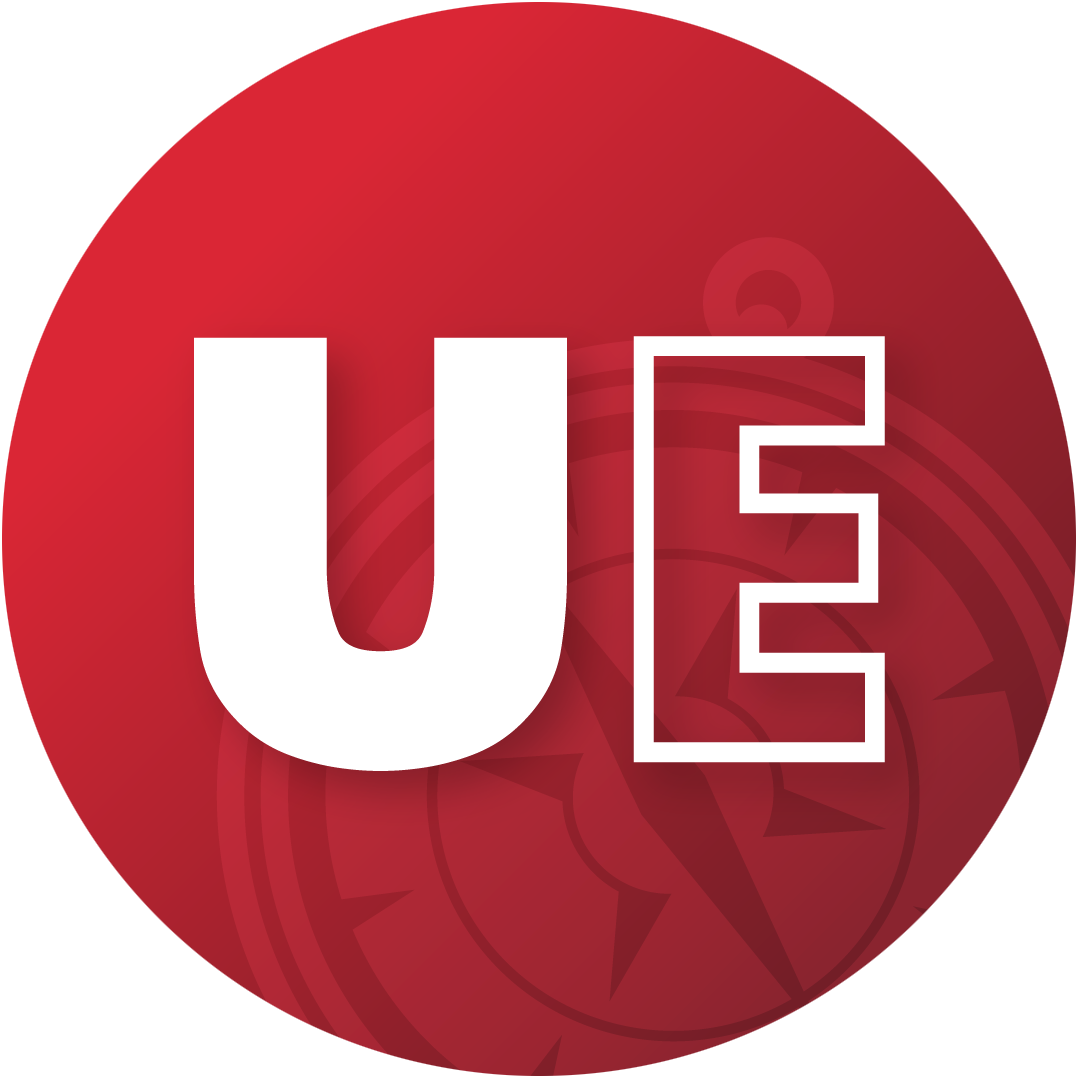Course Content
Degree
Medicine, Dentistry, Veterinary Sciences, Pharmacy, Dietetics, Biochemistry, Biomedical Science, Nutrition, Pharmacology, Chemical Engineering
Recommended Subjects (Offered in Cempaka)
Essential: Chemistry, Biology, Mathematics
Recommended: Physics
Degree
Engineering (Mechanical, Electronic/Electrical, Civil), Architecture, Physics, Material Science, Geophysics, Computer Science
Recommended Subjects (Offered in Cempaka)
Essential: Physics, Mathematics,
Recommended: Chemistry, Further Mathematics, Art & Design
Degree
Accountancy, Banking, Finance, Insurance, Actuarial Science, Economics, Business
Recommended Subjects (Offered in Cempaka)
Essential: Business, Economics
Recommended: Mathematics, Further Mathematics
Degree
Psychology/Law
Recommended Subjects (Offered in Cempaka)
Essential: Psychology*
Recommended: Mathematics, Biology, Business, Economics, English Language
INTERNATIONAL PROJECT QUALIFICATION (IPQ)
At Cempaka, we are delighted to offer the International Project Qualification (IPQ) alongside our A-level programmes. The IPQ is part of the Cambridge Advanced programme of study and uses skills-based learning to develop cross-curricular abilities that are well-regarded by university admissions departments. This project-based qualification requires students to develop skills by planning and carrying out research into a topic of their choice; the course encourages students to develop engagement with the chosen topic, learn and demonstrate skills in planning and communication, and gain experience in conducting a research project in preparation for future university studies.
Students complete and submit a 5000-word research project on a topic of their own choice. They may choose a subject to complement one of their Cambridge International AS or A-Levels, or a topic relating to their wider interests. They devise and develop a research question before conducting research to answer this question and record their progress in a research log. Cambridge IPQ is a single component that is externally assessed (all projects are marked by Cambridge examiners).
The assessment objectives (AOs) are:
- AO1: Research, analysis and evaluation. (70%)
- AO2: Reflection. (15%)
- AO3: Communication. (15%)
Students are guided through the research process by our A-Level team and are assigned one project supervisor. A project supervisor, usually a teacher of the chosen subject or 'subject expert' offers guidance on the process and methods of the research, and answers any subject-specific questions. Students will meet regularly with their project supervisor to review the progress of the research.
We generally schedule 2 timetabled classes per week to teach and develop students' core skills such as research methods, planning and time management, evaluation of sources, report writing, and academic honesty. Universities value learners with experience in research and employers value those who can demonstrate independent thought, analytical skills, and the ability to manage a project to a successful outcome.







